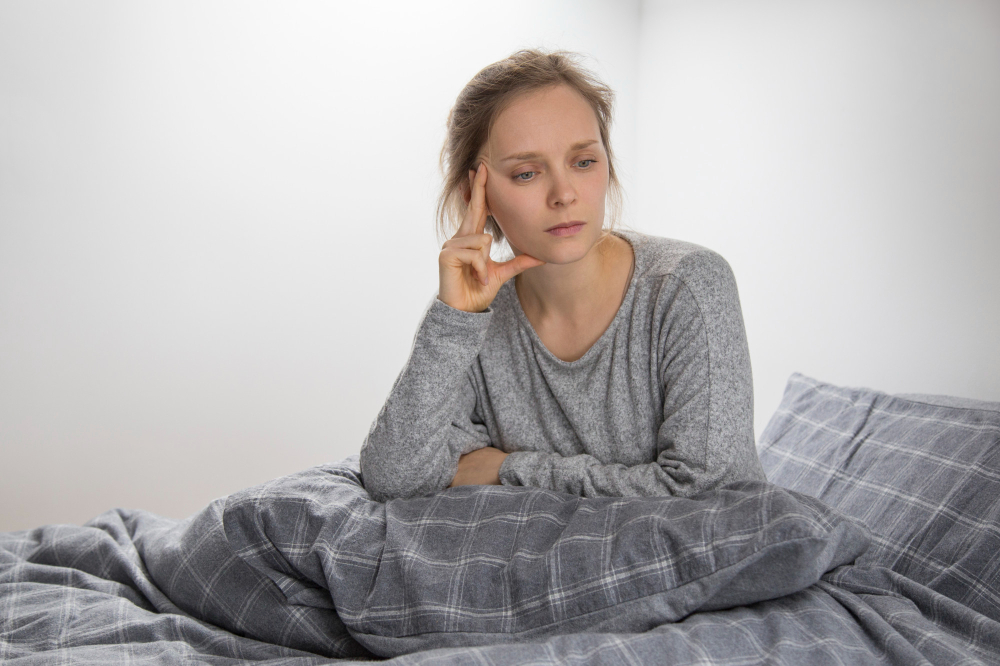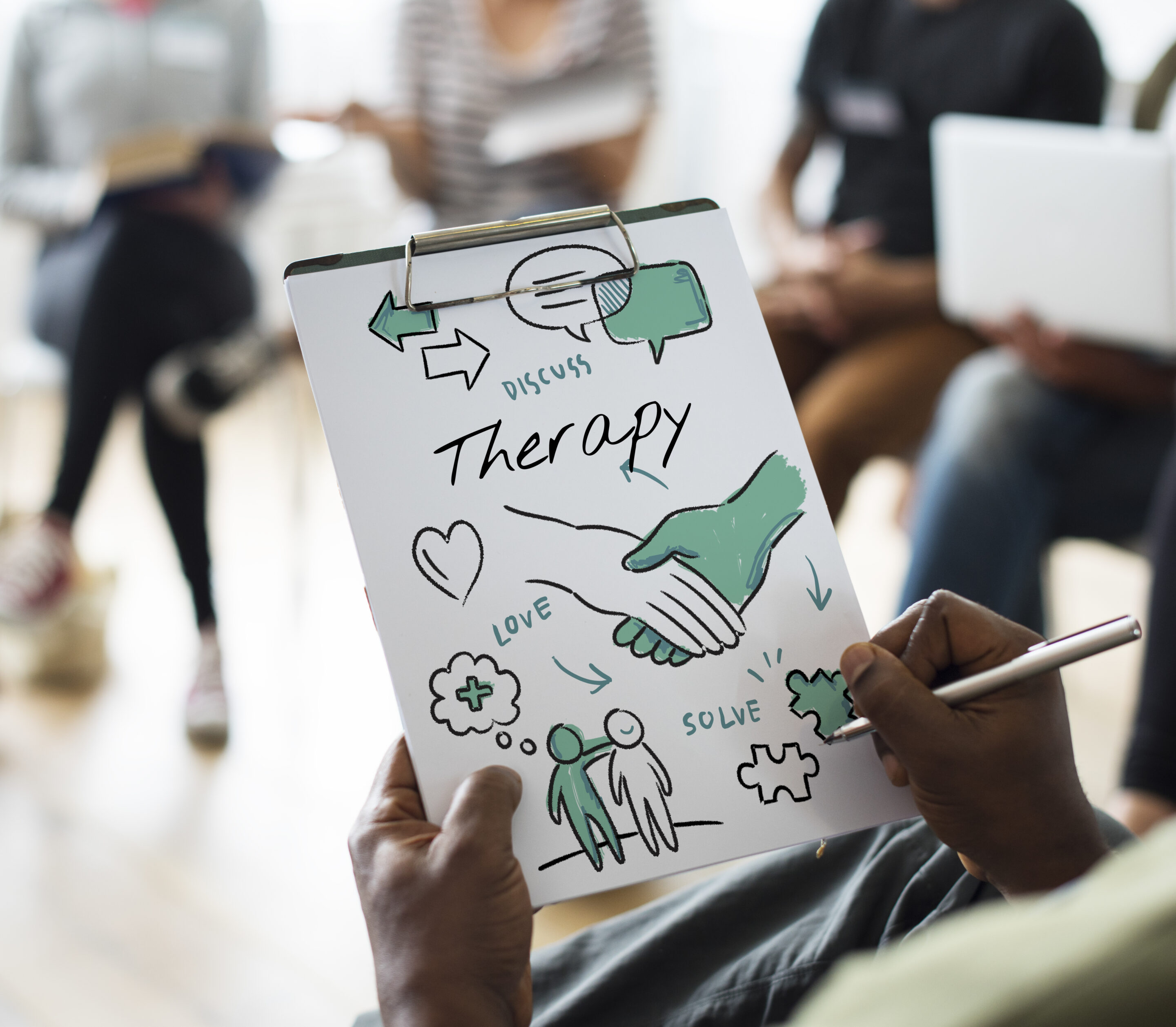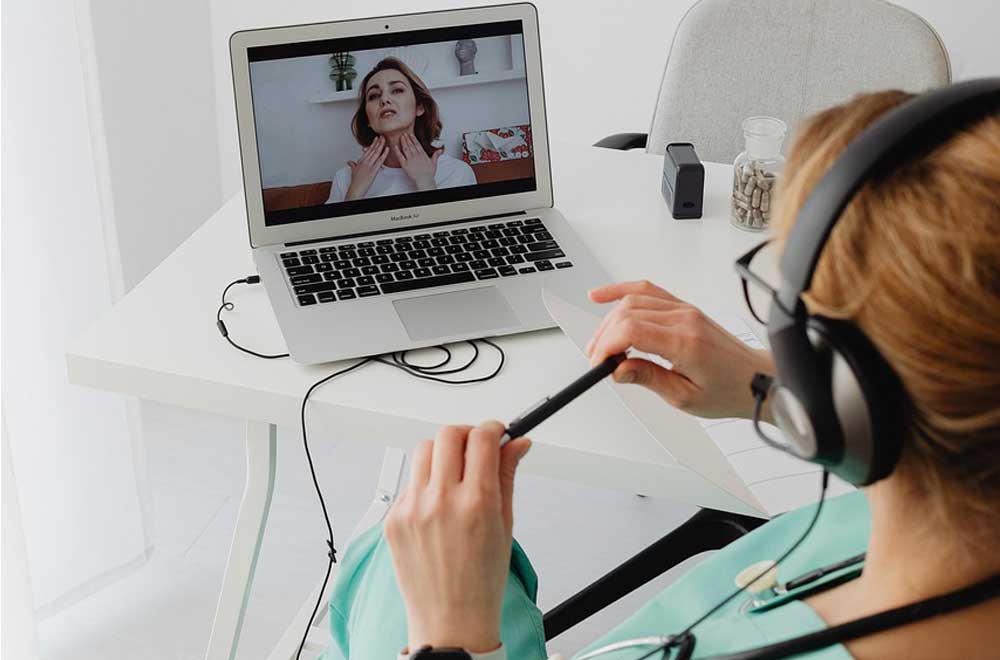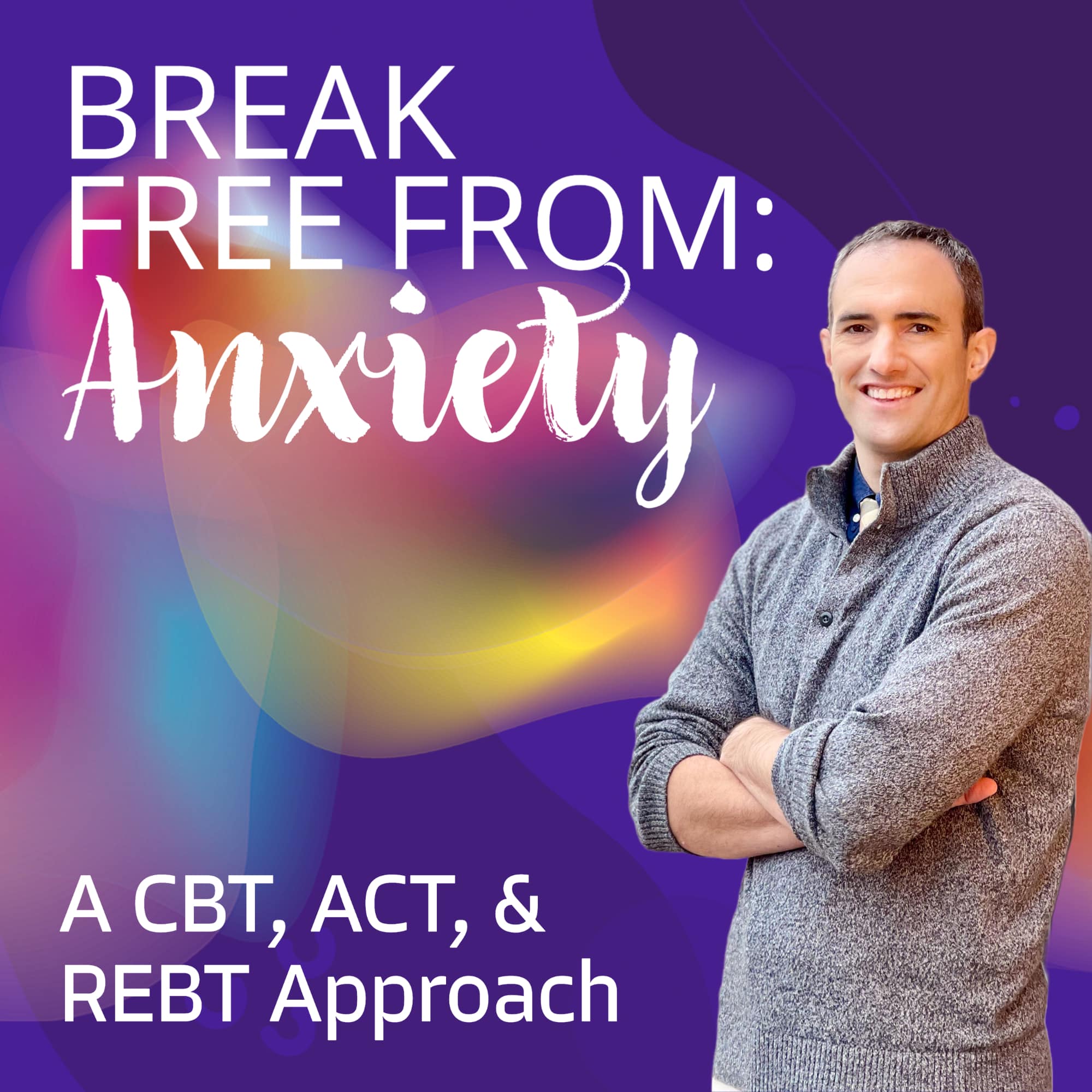Anxiety becomes a disorder when constant and disruptive. Nearly half of U.S. adults reported more anxiety in 2024. Symptoms include worry, poor sleep, nervousness, and avoidance. Untreated anxiety increases risks like depression and chronic illness. Effective treatments include therapy, medication, lifestyle changes, and mindfulness.
KEY TAKEAWAYS
- Signs include constant worry, poor sleep, nervousness, physical tension, and avoidance.
- Ignoring anxiety raises risk of depression, chronic pain, and heart issues.
- Treatments include therapy, medication, lifestyle changes, and mindfulness.
- Telehealth offers online evaluations, therapy, and medication in many states

Anxiety is a normal reaction to stressful situations. Feeling uneasy before an exam or interview is natural, sometimes even helpful because it sharpens your attention. However, when worry is disproportionate, constant or interferes with daily life, it may signal an anxiety disorder. In recent years there has been a surge in anxiety‑related consultations; according to a 2024 survey by the American Psychiatric Association, 43 % of U.S. adults reported feeling more anxious than the previous year (compared with 37 % in 2023 and 32 % in 2022). Unfortunately, many people are unaware of what they are experiencing and do not receive appropriate professional care.
“People with Generalized Anxiety Disorder are more likely to report poor sense of moral well-being, dissatisfaction with their job, dissatisfaction with family life and increased worry about minor matters which impair social functioning and close relationships,” said Bruce Bassi, MD, psychiatrist at TelepsychHealth.
How do I know if I’m suffering from anxiety?

Anxiety does not always manifest the same way in every person, but there are common signs that can help you identify it. You may notice persistent thoughts that run in circles in your mind, physical symptoms that appear without an obvious cause or changes in your daily behavior. The following are some manifestations of anxiety:
- Excessive, constant worry, even about small matters that previously did not bother you.
- Physical symptoms such as palpitations, sweating, shortness of breath, tremors or muscle tension.
- Difficulty concentrating or sleeping because your mind is filled with repetitive thoughts.
- A near‑permanent sense of unease or nervousness, as if you are always “on alert.”
- Avoidance of certain situations or activities for fear of feeling anxious, which begins to limit your daily life.
If you recognize these symptoms and they persist for months, it is advisable to seek help. A health professional can determine whether it is an anxiety disorder, rule out other medical causes and recommend a treatment plan.
What happens if I do nothing?

The consequences of ignoring anxiety extend beyond feeling nervous from time to time. Mayo Clinic points out that anxiety disorders can be disabling; they impair your ability to perform tasks efficiently, sap your energy and increase the risk of depression. Over time, untreated anxiety is linked with digestive problems, headaches, chronic pain, sleep disturbances and even heart‑related complications. This physical and emotional deterioration often impacts work performance, relationships and self‑esteem. Seeking help early makes recovery easier.
What treatments are available for anxiety?

The good news is that anxiety is treatable. Clinical guidelines recommend an integrated approach that includes:
- Evidence‑based psychotherapy. Cognitive behavioral therapy (CBT) is one of the most effective treatments for anxiety; it helps you identify distorted thoughts and develop strategies to address them. Acceptance and commitment therapy (ACT) teaches you to relate differently to emotions and thoughts, fostering psychological flexibility.
- Medication when necessary. Doctors may prescribe antidepressants (such as selective serotonin reuptake inhibitors) or anxiolytics. Medication is usually combined with therapy for better results.
- Lifestyle changes and self‑care. Exercise, adequate sleep, breathing techniques or meditation, a balanced diet and reducing caffeine and alcohol intake can help reduce anxiety symptoms. For a more comprehensive approach, TelepsychHealth offers a Holistic Guide for Anxiety Treatment that explores medication, supplements and healthy habits.
- Complementary therapies. Many people benefit from mindfulness, meditation and creative expression as tools for emotion regulation. The article Therapeutic Approaches for Anxiety describes how activities such as meditation, art and exercise can complement traditional therapy.
“Having the diagnosis of generalized anxiety disorder doesn’t mean you need to live with all of the issues and the impairments that come with it. If you get on treatment, you actually can improve your quality of life, you can improve your workplace productivity, and you can reduce your risk for developing depression or other sort of psychiatric comorbidities.”, added Dr. Bassi.
States We Serve and Telehealth Therapy

We provide telehealth therapy and telemedicine services in multiple U.S. states. Our licensed psychiatrists and therapists offer psychiatric evaluations, medication management, individual, group or family therapy and general check‑ins via secure platforms. The National Institute of Mental Health (NIMH) notes that telemedicine is effective for treating mental illnesses like anxiety, bipolar disorder and post‑traumatic stress disorder and offers advantages such as convenience, flexibility and accessibility.
Because licensing laws require providers to hold a license in the state where the client is located, you must be physically present in one of the following states at the time of your appointment. Each state has its own page with details on our services:
In every state our team offers online treatment for anxiety, anxiety counseling, anxiety therapy and other telehealth services so that people in cities or rural areas can receive quality care without long journeys.
TelepsychHealth Resources

TelepsychHealth offers informational resources and specialized services for treating anxiety. Some articles and programs you can consult include:
- Holistic Guide for Anxiety Treatment – discusses medication options, supplements and lifestyle changes.
- CBT for Anxiety: Why It Works – explains how this therapy helps identify and restructure negative thoughts.
- ACT Therapy (Learn My 4 Techniques to Help Now) – describes strategies to relate differently to anxious thoughts.
- Therapeutic Approaches for Anxiety – includes mindfulness meditation, creative expression, exercise and more.
If you would like a structured, self‑guided program, enroll in our Anxiety Course.
Conclusion

Anxiety is a treatable condition. Recognizing the symptoms and seeking professional help allows you to regain control of your life and prevent complications. Teletherapy has democratized access to care across several U.S. states, but it is important to know the regulations and choose licensed therapists. With evidence based strategies such as medication, psychotherapy and self care, and the support of a compassionate professional, it is possible to overcome anxiety and improve your well-being.






